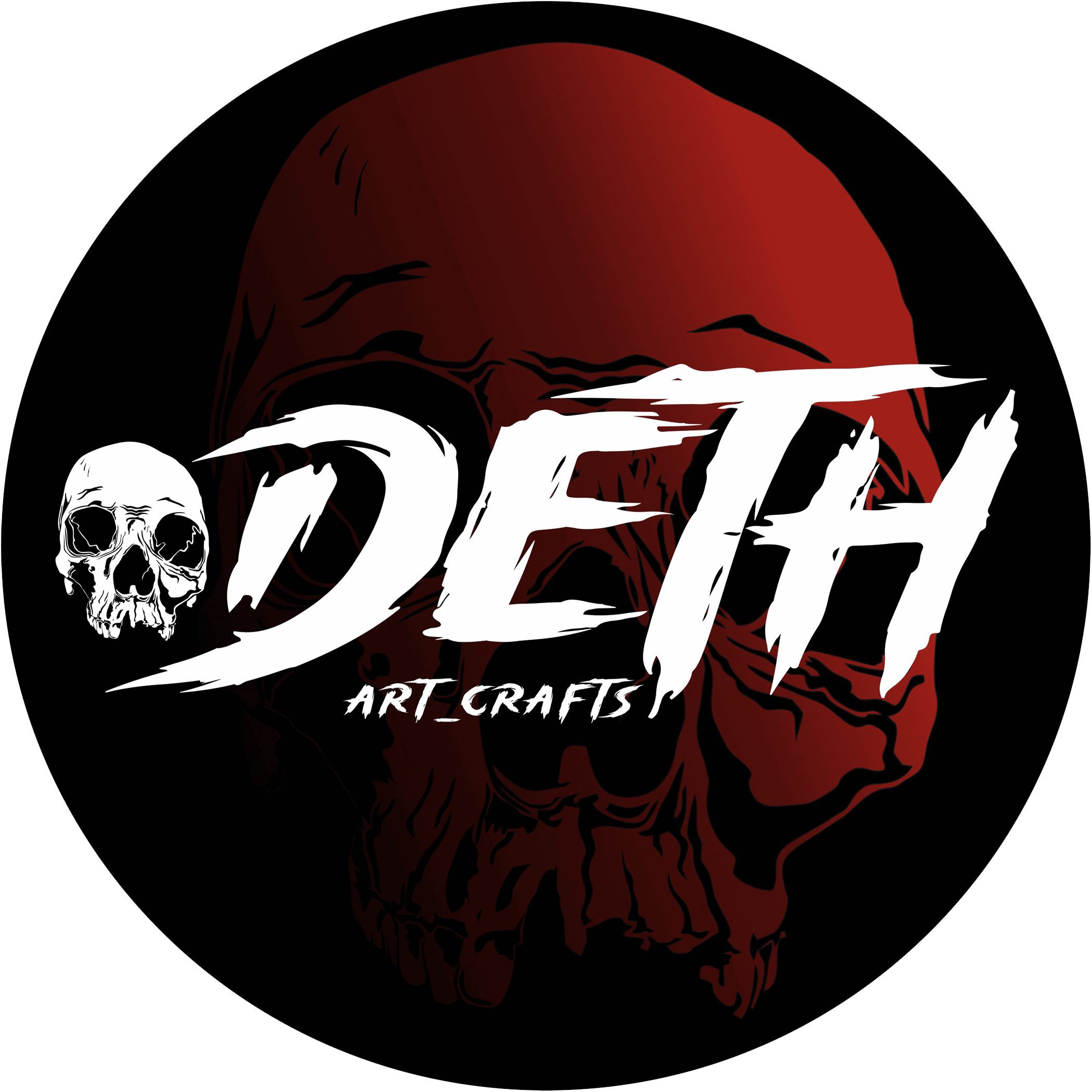A Journey Through History’s Darkest Acts
Evil isn’t a myth. It isn’t a red-skinned demon with horns or a monster hiding in a fairy tale. Evil walks in daylight. It signs orders. It smiles on balconies. It speaks softly, sometimes quoting scripture. It doesn’t arrive with chaos. It blends in. History is soaked in the blood of the innocent, not just by madmen, but by ordinary people who became willing agents of cruelty. What follows is not a horror story. It is a reflection of us- of what we’ve done, what we’ve ignored, and what we continue to excuse.
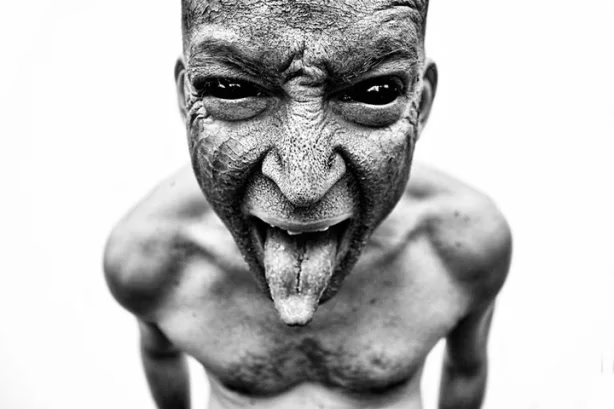
1. War Crimes: Evil at Scale
Josef Rudolf Mengele: The Angel of Death
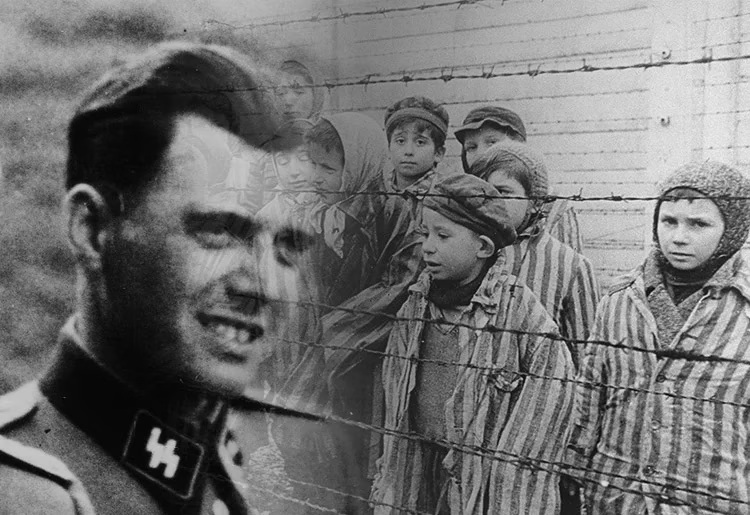
A physician by training. A butcher by practice. Mengele selected who lived and who died at Auschwitz with a flick of his hand. Pregnants. Twins. Children. All were subject to his experiments in pseudoscience and sadism.
He performed surgeries without anesthesia. He injected dye into children’s eyes to study pigmentation. He ripped families apart in the name of eugenics. And he did it with cold precision—all under the Nazi banner of “progress.”
He escaped justice. He died peacefully in Brazil. The world, somehow, moved on.
But Auschwitz still stands. And so does the warning.
2. Serial Killers: Evil as Intimacy
Charles Manson: The Cult of Death
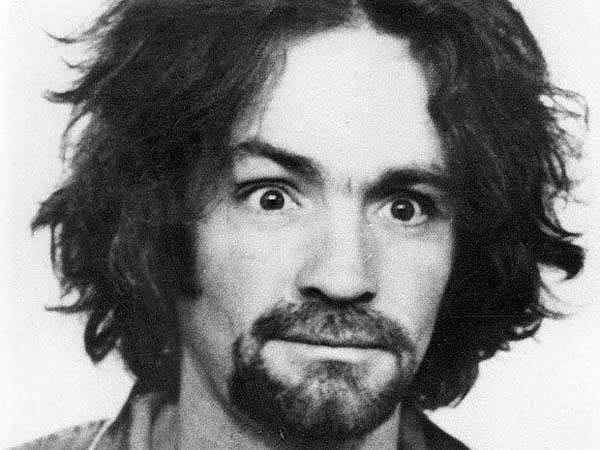
He didn’t kill with his own hands. He didn’t have to. Charles Manson was the voice in the dark that whispered people into monsters.
Through a twisted ideology built from pop culture, apocalyptic paranoia, and racial hatred, Manson convinced his followers to murder innocents in gruesome, ritualistic killings. He painted his evil in spiritual tones, calling it revolution. Others called it Helter Skelter.
What made him terrifying wasn’t just the murders. It was the control. The charisma. The ease with which he broke people’s minds.
And he was far from alone. From Ted Bundy to Jeffrey Dahmer, the 20th century produced a new kind of villain: the serial killer, a predator fueled not by strategy, but by desire.
3. Religion: Faith with a Blade
The Holy Wars in Jerusalem
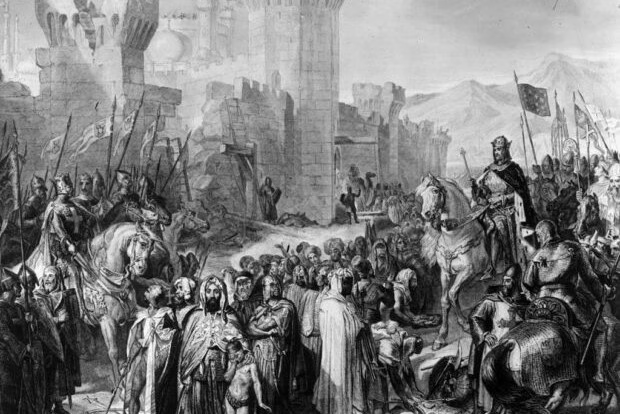
Jerusalem has been soaked in blood more times than memory can hold. Crusaders marched under the banner of the cross, slaughtering men, women, and children in the name of salvation. Islamic caliphates retaliated with fire and steel, claiming divine justice.
In 1099, during the First Crusade, Christians massacred nearly every Muslim and Jewish resident in Jerusalem. Eyewitnesses claimed blood reached the ankles. Priests blessed the carnage
Faith was the justification. Empire was the prize.
Holy wars didn’t end there. From the Spanish Inquisition to ISIS, religion has been weaponized not as a path to salvation but as an excuse to dominate, destroy, and erase.
4. Power: The Original Poison
Ivan the Terrible, Pol Pot, and the Comfort of Fear
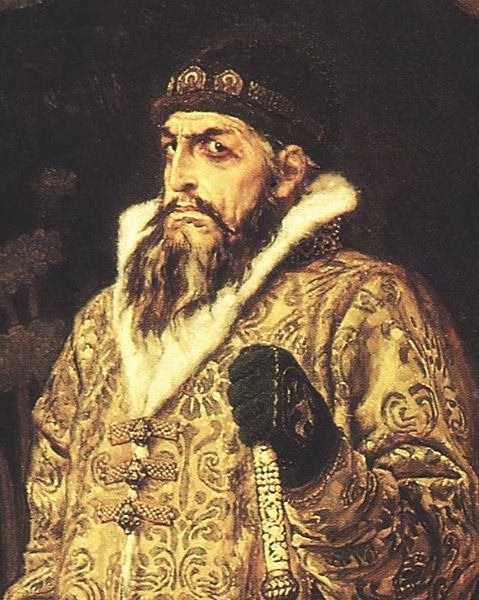
Ivan IV of Russia murdered his own son in a fit of rage. He built a regime of terror where the ground was soaked with the blood of those who crossed him.
Pol Pot emptied Cambodia’s cities, murdering teachers, doctors, and children in pursuit of a twisted utopia. Nearly 2 million people died under his rule.
In both cases, evil didn’t wear a mask. It wore a crown. A uniform. A doctrine. These men were not anomalies. They were created by systems that allowed them to rise, unchecked, into power.
Power doesn’t corrupt. It reveals.
5. Genocide and Atrocities
Rwandan Revolution
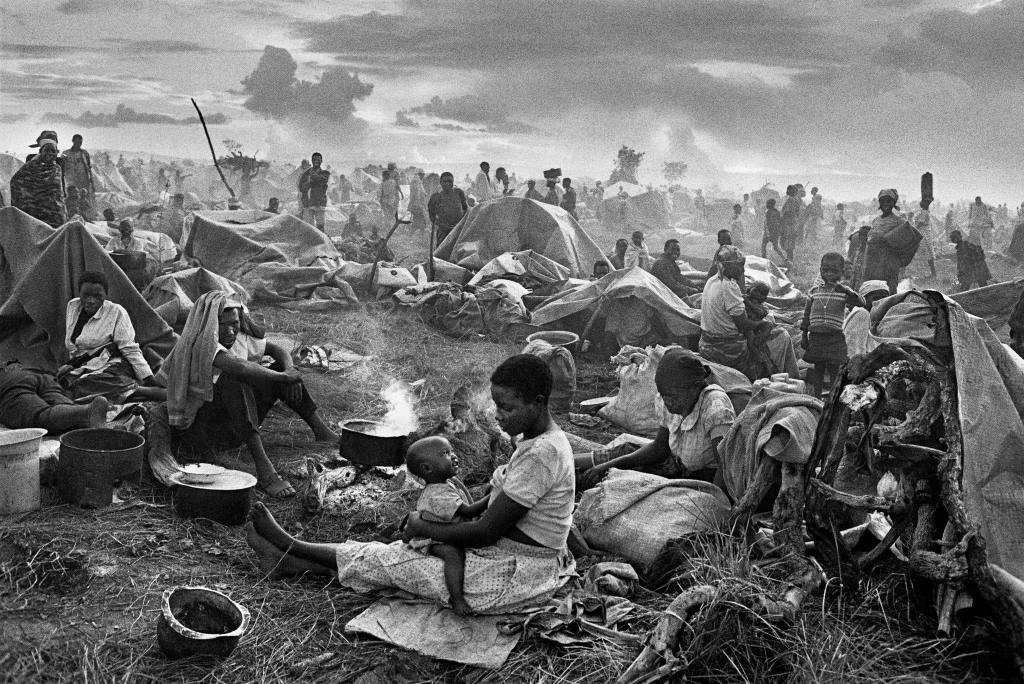
The Rwandan genocide of 1994 was not a faceless tragedy. It was orchestrated and incited by political and military leaders of the Hutu-led government, including figures such as President Juvénal Habyarimana (whose assassination triggered the violence), Colonel Théoneste Bagosora — often called the “architect” of the genocide — and other key officials and propagandists who spread hate through radio broadcasts and local networks
Over the course of 100 days, these leaders and their followers directed militias like the Interahamwe to slaughter nearly 800,000 Tutsi and moderate Hutu. The killings were systematic, often carried out with machetes, clubs, and small arms, and targeted not just individuals but entire communities.The names behind such atrocities matter, because evil is never an abstract force – it is carried out by people who make choices, give orders, and incite others to act.
The world watches. Statements are issued. Action comes too late.
The Mirror That Hurts
Evil has no era. No uniform. No single face. Justified by law, glorified by religion, and tolerated by society.
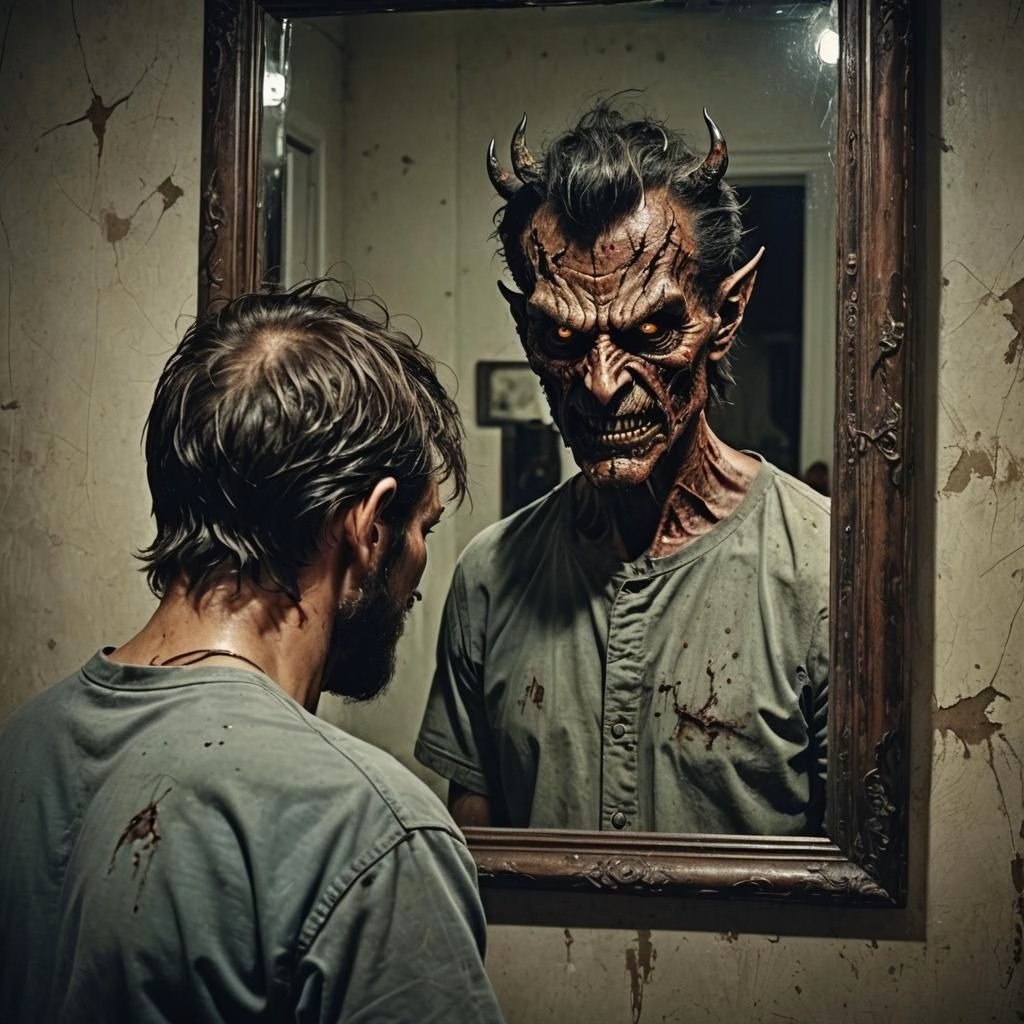
It lives in our histories, lingers in our systems, and worst of all, it survives in silence.
To know these stories is not enough. We have to ask why they keep happening. Why people still vanish. Why genocide still erupts. Why we still look away.
Because evil doesn’t disappear.
It waits.
